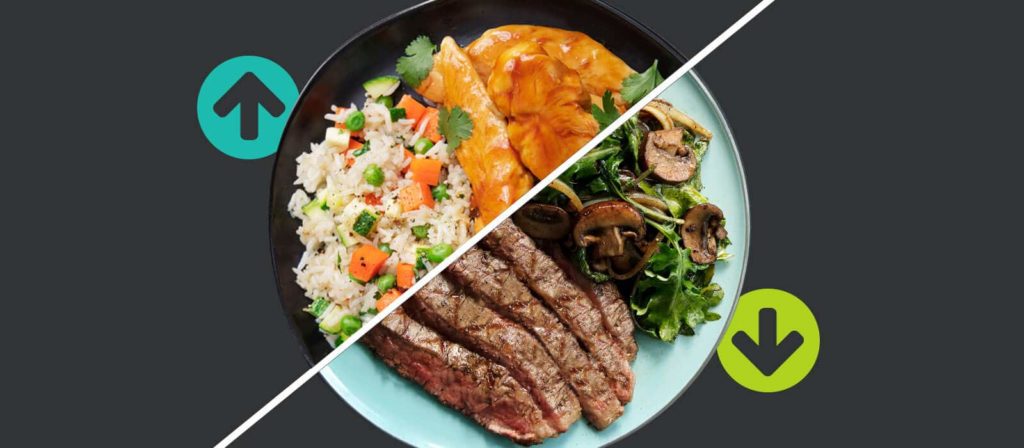It’s no secret that your gut is essential to nearly every aspect of your overall health and well-being. Known as your second brain, your gut plays a significant role in your mood, energy, and behavior. For instance, scientists from the University of California, Los Angeles, discovered that people with high levels of certain oral bacteria are more reactive to emotional stimuli.
Your gut and the healthy microbiota that live there are also closely linked to your body’s ability to absorb vitamins and minerals, regulate hormones, and eliminate toxins. These bacteria are known for influencing your body’s inflammatory response to illness. As such, poor gut health has been linked to numerous chronic inflammatory conditions, including heart disease, multiple sclerosis, asthma, severe allergies, arthritis, diabetes, depression, and more.
In short, keeping your gut healthy and its microbiota properly balanced is more important than you might think. With ties to your emotional health, immune system, and central nervous system, it’s a highly influential factor behind some of the most common physical and mental ailments.
Eating for Better Gut Health
Naturally, nutrition is one of the biggest influencers on your gut’s health. If you indulge in too much sugar and highly processed foods, then you’re more likely to experience a rush of inflammatory cytokines. These cytokines are linked to rampant inflammation that increases your risks of digestive diseases, autoimmune illnesses, and for many people, visible skin conditions such as rosacea.
If you feed your gut microbiota with healthier and more complete foods, however, then your gut can efficiently process the minerals and nutrients it needs to stay balanced. It can then feed the rest of your body what it needs to keep its immune and digestive responses even. To keep your gut in top shape, include these natural foods in your diet:
1. Mushrooms:
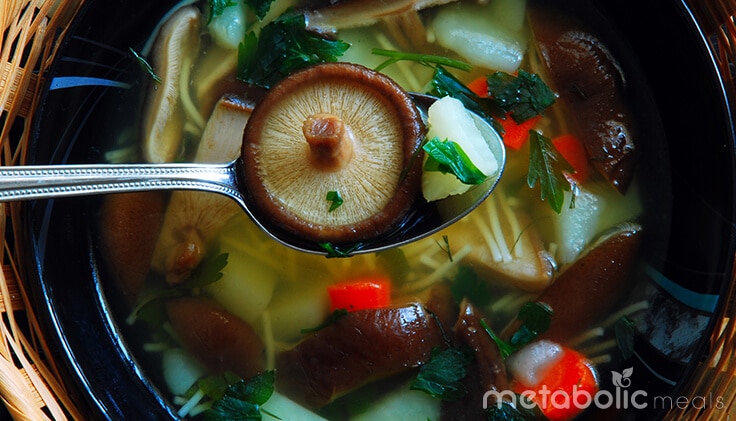
There are thousands of mushroom species, though only about 20 of them are used for cooking. Those that are, such as shiitakes, are full of adaptogens that support long-term gut health and regulation. In a study led by researchers at the University of Florida, participants who ate one shiitake mushroom a day began to show stronger T cell counts and reductions in inflammatory cytokines.
2. Probiotics:
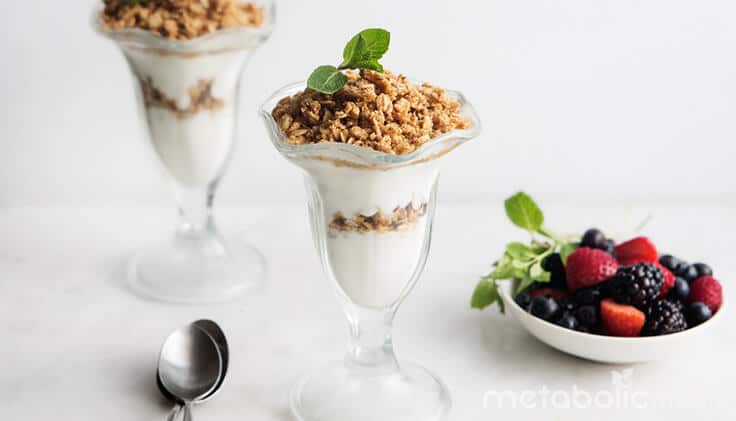
Probiotics describe the good gut bacteria that support your immune system. Including them in your diet will help improve your body’s digestion of essential vitamins, minerals, and nutrients and will boost your prevention of bowel diseases. Good sources of probiotics can be found in kimchi, fermented vegetables, and kombucha tea, as well as in Greek yogurt — particularly those that contain only milk and cultures.
3. Prebiotics:
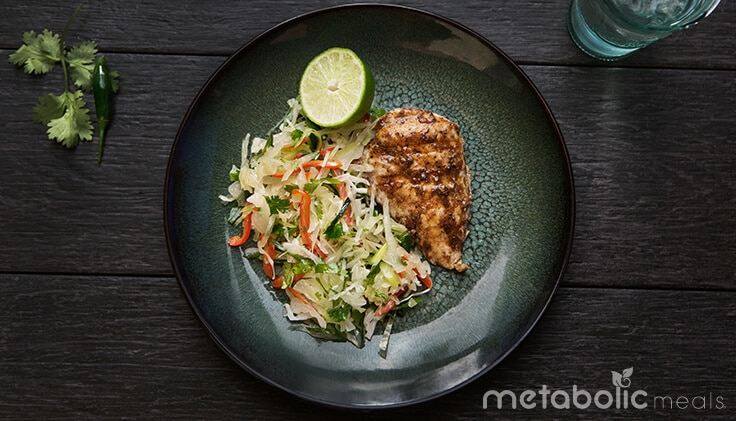
Prebiotics are dietary fibers that encourage the natural growth of probiotics in your gut, lower body weight, and improved digestive function. Prebiotic fibers are abundant in beans, legumes, cabbage, barley, onions, and more. A diet high in fiber will increase your exposure to prebiotics and their benefits for your gut microbiota.
4. Dark chocolate:
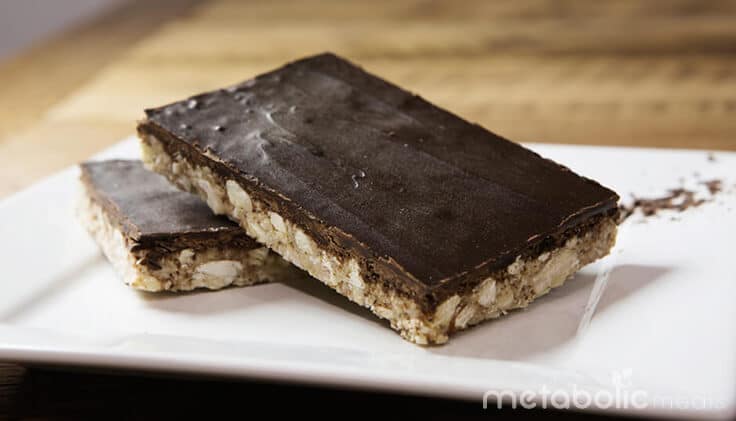
Even healthy gut bacteria love chocolate, especially the dark, unsweetened kind. Your gut breaks down dark chocolate into fatty acids that reduce inflammation and promote better cardiovascular health. In one study, volunteers who ate cocoa with high levels of flavanol for four weeks exhibited substantial increases in the healthy microbiota in their guts.
5. Coconut oil:
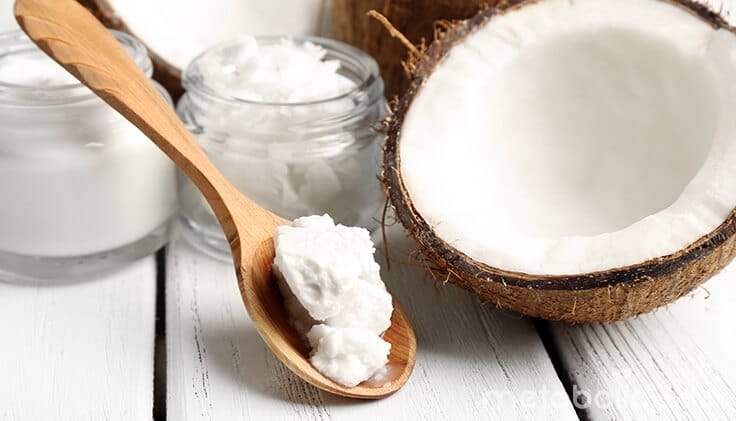
Coconut oil has become a popular superfood over the past few years thanks to its rich supply of healthy fatty acids. These acids kill off harmful yeast and bacteria, and they’ve been shown to neutralize as much as 90 percent of harmful bacterial activity in your gut. Its effectiveness has drawn the attention of experts who are exploring ways to apply those benefits to pharmaceuticals and other food products.
With so many foods that can benefit your gut health, keeping your diet diverse is the key to realizing all those benefits. Your gut bacteria are highly varied, so the fuel you provide them must vary as well. By incorporating all these ingredients in different meals throughout the day, you can ensure that your gut remains an asset in your overall health.






